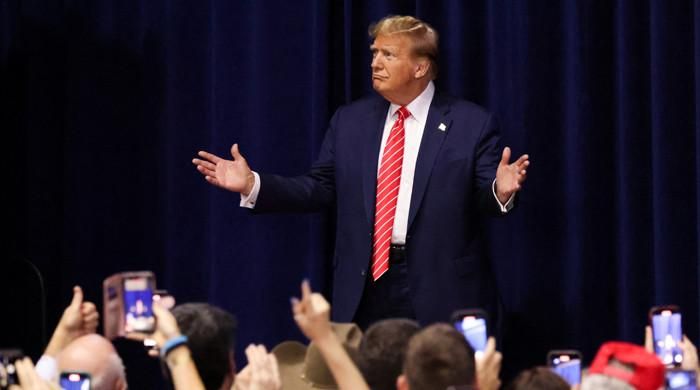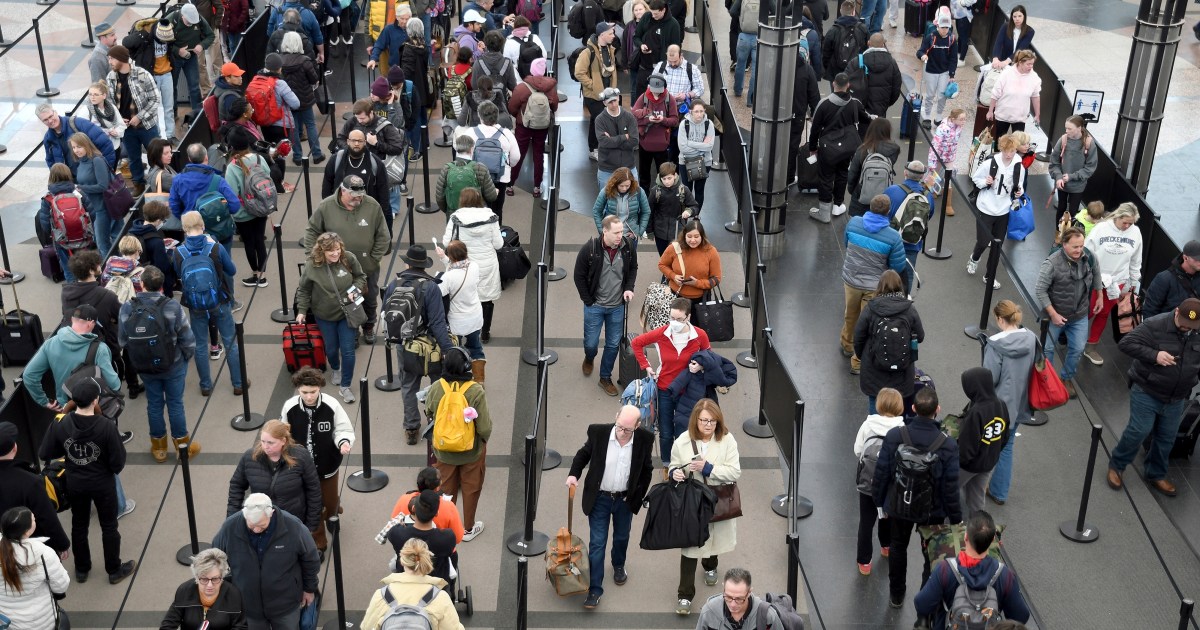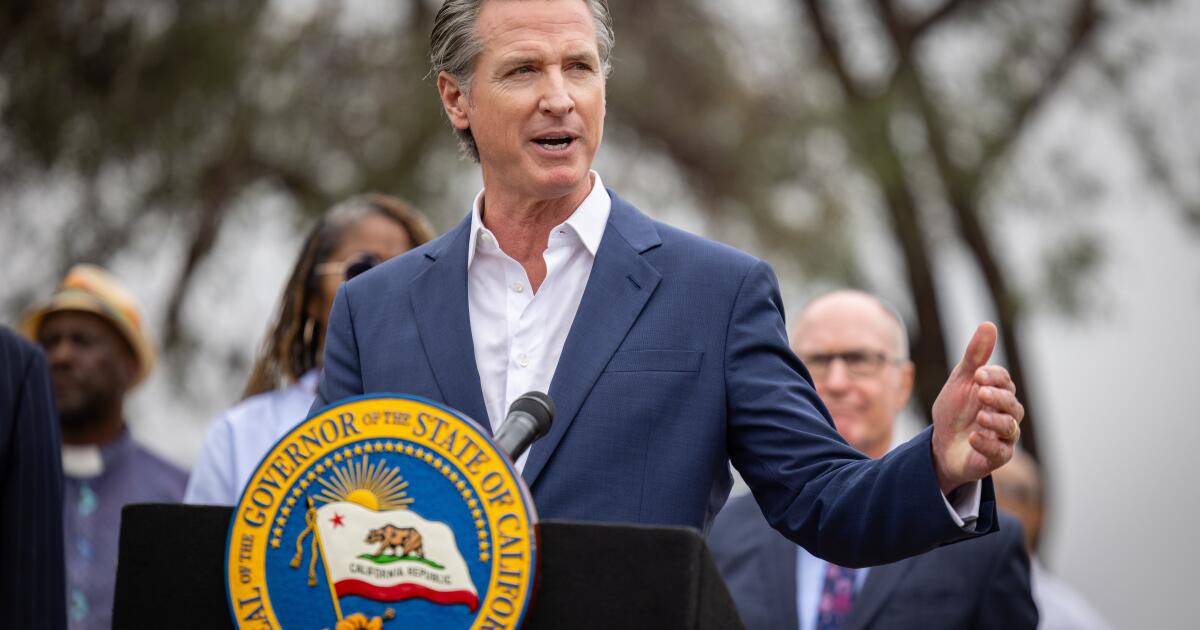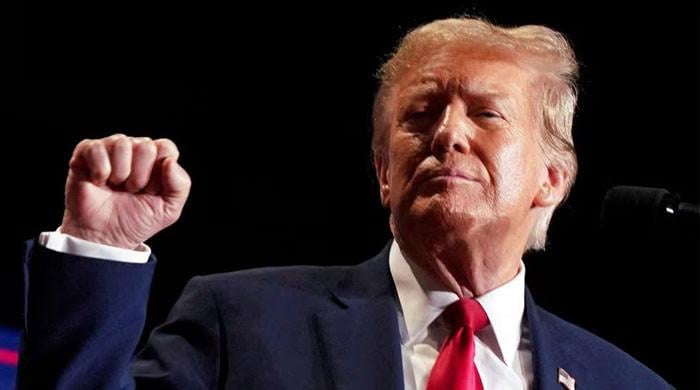Donald Trump was among 19 criminally charged with conspiracy to overturn Georgia's election results.
Former US President Donald Trump got relief from his legal woes on Wednesday when a judge overseeing his alleged election interference case dismissed six of the 41 criminal charges against him as the Republican prepares to face Democrat Joe Biden in November this year. .
The key charges dismissed by Fulton County Judge Scott McAfee were related to “requesting an elected official to do the opposite of his or her public duties,” according to US media reports.
Judge McAfee wrote Wednesday: “The lack of detail on an essential legal element is, in the opinion of the undersigned, fatal.”
He further said that “the charges do not provide defendants with sufficient information to intelligently prepare their legal defenses,” adding that “this does not mean that the entire indictment is dismissed.”
However, the judge also said the charges could be refiled at a later date.
Donald Trump was among 19 other people criminally charged with conspiracy to overturn the results of the 2020 election in Georgia.
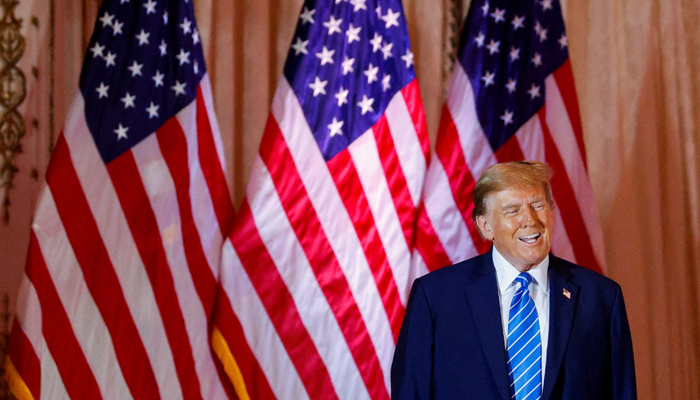
The investigation by a 26-member jury began when a telephone conversation between Trump, 77, and Georgia Secretary of State Brad Raffensperger was leaked on January 2, 2021, in which the former president asked the official to “find 11,870 votes.”
He lost in Georgia to his rival, Democratic candidate Joe Biden.
The 2024 Republican presidential candidate was indicted for the fourth time in August last year by a grand jury in Georgia in the 2020 election subversion case.
The other charges that have been dismissed apply to some of his co-defendants: Rudy Giuliani, John Eastman and Mark Meadows, US media reported.
“The ruling affects three of the 13 serious crimes that the magnate faces in the case,” he reported.
Judge McAfee stated that prosecutors' allegations in the indictment do not explain precisely how the defendants attempted to violate the state and federal constitutions, noting that the last of them: “Contains hundreds of clauses, any of which can be object of lifelong study.”
“This is an area of law in which the federal courts have achieved greater efficiency, and one might wish that future grand juries could be spared this inconvenience for something that can be so easily remedied,” the judge wrote.

